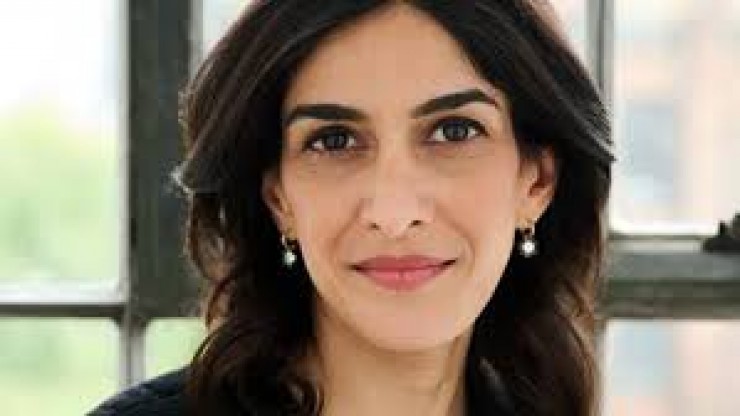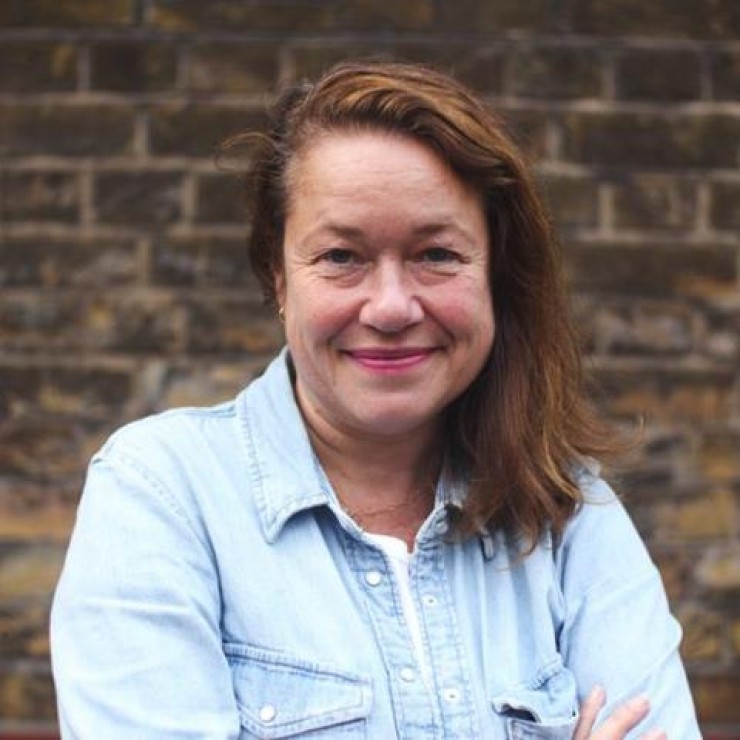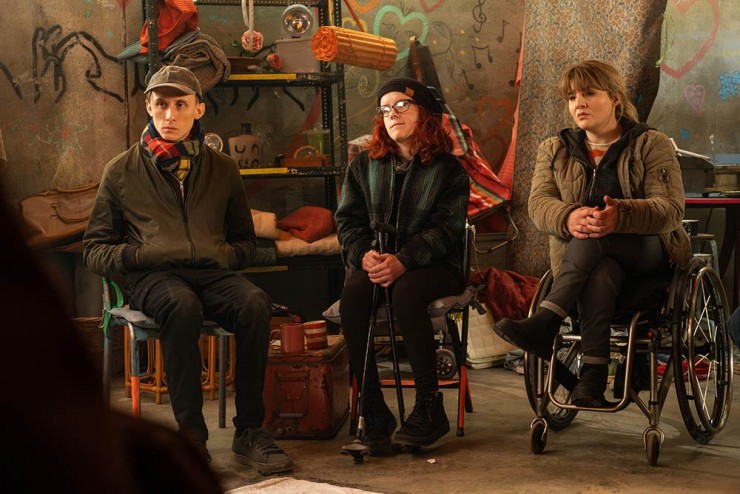Former culture secretary Nadine Dorries’ “groundless” accusation that Love Productions used actors in the 2010 Channel 4 documentary Tower Block of Commons was motivated by a wish to “traduce the reputation” of the broadcaster, the DCMS committee has declared.
In a Special Report into her claims, the committee accuses Dorries of failing to reconsider the authority of her sources or provide corroboration for the evidence she presented in May, which has been categorically refuted by both C4 and Love.
"We are concerned Ms Dorries appears to have taken an opportunity, under the protection of privilege, to traduce the reputation of Channel 4," it said.
Given Dorries was pursuing a policy to privatise C4, the committee said it would have sought a referral to the Privileges Committee over the affair had she remained in her post.
Her successor as culture secretary, Michelle Donelan, told the Commons today that she is "thoroughly reviewing" the case for privatisation and would report back soon. she acknowledged that "the fantastic, growing creative industry in this country" relies on platforms like C4.
In an email sent on 11 October to committee chair Sir Julian Knight, Dorries continued to stand by her claims.
He had offered her one last chance to accept that the weight of evidence presented to the committee, including an internal C4 report, suggested her recollection of working on the show is flawed.
Knight challenged Dorries to help the committee decide if her claims were a deliberate attempt to mislead, rather than an inadvertent mistake.
In response, the MP detailed a series of conversations and meetings with a homeless man from the documentary after it had aired. She claimed he told her over lunch at Portcullis House that he was an actor.
“Given that the young man, whose name I cannot remember - this was twelve years ago - was well dressed, articulate and well educated, I had no doubt at all that what he was telling me was factual and truthful,” Dorries stated.
“I cannot as you suggest, say that I say I made a mistake as that would be untrue.”
A week later, C4 chief executive Alex Mahon wrote to the committee to re-iterate the findings of its investigations, though she declined to share the full confidential report out of a duty of care to the programme’s participants.
After lawyers and external reviewers sifted through 85 hours of rushes and all relevant paperwork, and interviews with all key production staff on the programme, the independent review judged that all participants were genuine.
Knight concluded:
“We recognise that those giving evidence will occasionally make mistakes, but it is vitally important for the integrity of parliamentary scrutiny that they are then corrected.
“We are disappointed that despite being provided with several opportunities to reconsider her position, the former Secretary of State failed to countenance that her recollections may have been flawed.
“People will be able to draw their own conclusions about the contrast between her claims and subsequent correspondence with the committee, and Channel 4’s thorough investigation.”
The government today published the names of 139 organisations that responded to Dorries' consultation on privatising C4, following a freedom of information request from the British Screen Forum.
These included ITV, Sky, Viacom, Pact, Skillset, regional screen agencies and indies of all sizes.


